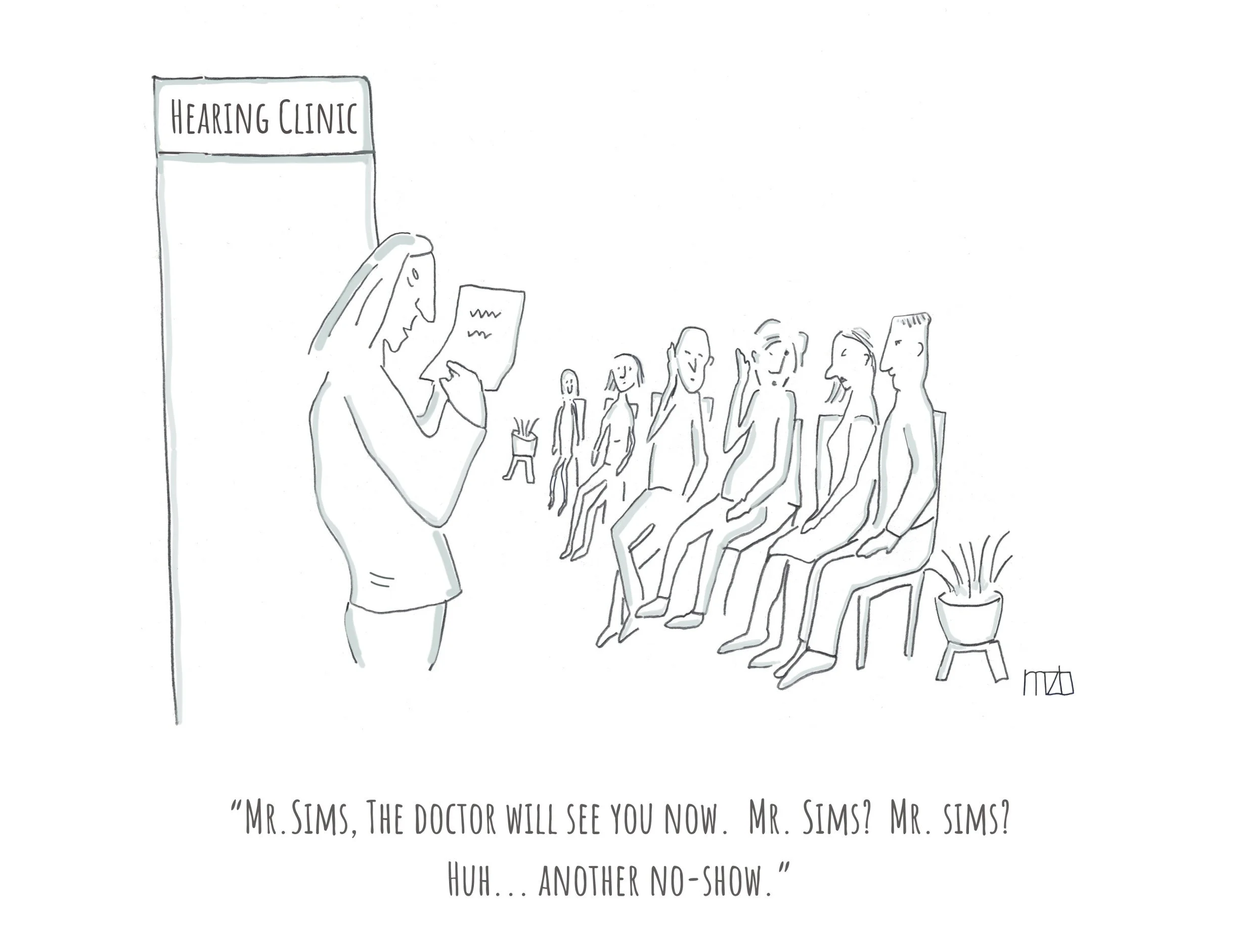Hearing Health Foundation (HHF) has watched with concern an effort underway in the U.S. House of Representatives to fold the National Institute on Deafness and Other Communication Disorders (NIDCD) into other existing institutes of the National Institutes of Health (NIH) as a broader proposal to extensively reshape the NIH.
This would greatly diminish the resources given to hearing and balance research—resources that are already insufficient compared to the impact hearing loss (and related hearing and balance disorders) has on the American population. HHF is committed to hearing and balance science and the work that the NIDCD does.
We submitted comments ahead of the deadline last Friday, August 16, to the chair of the House Energy and Commerce Committee, who proposed these changes—but this will not be the last opportunity to make your voice heard on this matter. Here is how you can find and contact your local U.S. Representative to register concerns about the NIH reorganization included in the 2025 Labor-HHS-Education spending bill.
Please see the letter below.
August 16, 2024
The Honorable Cathy McMorris Rodgers
Chair, House Energy and Commerce Committee U.S. House of Representatives
2125 Rayburn House Office Building
Washington, D.C. 20515
Dear Chair McMorris Rodgers,
Thank you for this opportunity to respond to the Energy and Commerce Committee’s Reforming the National Institutes of Health: Framework for Discussion. We write to express concern that the proposed merger of the National Institute on Deafness and Other Communication Disorders with other existing institutes will negatively impact the profile of hearing and balance research and diminish the hearing health of American citizens.
As the largest private, nonprofit funder of hearing and balance research in the United States, Hearing Health Foundation’s mission is to prevent and cure hearing loss, tinnitus and balance disorders through groundbreaking research. The NIH supports life-transforming research as the primary funder of research that will result in better treatments for hearing and balance disorders and, eventually, cure hearing loss. As a fellow funder in this area, Hearing Health Foundation (HHF) appreciates the committee’s interest in reauthorizing and strengthening the NIH.
HHF values Congress’s longstanding support for the NIH and particularly its commitment to funding the basic, translational and clinical research at the National Institute on Deafness and Other Communications Disorders. We appreciate that Congress continues to recognize the importance of robust biomedical research and its role in funding the federal agencies that represent the strongest and most impactful supporter of biomedical advances globally.
Given the importance of the NIH to biomedical research, any major reorganization of the NIH should be a deliberative process with numerous opportunities for input from and engagement with stakeholders, including the scientific community. It is equally important that changes to the NIH do not disrupt evolving and promising research already underway.
HHF urges caution if structural changes to the NIH will result in the shifting of resources away from already underfunded areas of research like hearing loss and related disorders. Hearing loss affects 48 million Americans and the prevalence of hearing loss is on the rise, with particularly concerning risk to children and young adults evident. Researchers estimate that the number of people with hearing loss in the U.S. may as much as double in the next 30–40 years. This trend is also evident in the U.S. military, where tinnitus is already the number one claimed disability among veterans, with tinnitus and hearing loss as the top two claimed health issues among veterans. The economic and social costs of hearing loss to individuals and to American society are profound.
Hearing loss affects more people than cancer or diabetes, but funding for research on hearing loss and related disorders does not reflect the extent to which this disorder affects Americans. As HHF continues to expand its funding for innovative basic science and translational research on hearing and balance disorders, it encourages Congress to invest appropriate funding in hearing research at levels commensurate with hearing loss’s societal impact. Thus, we are concerned that a potential merger of the National Institute on Deafness and Other Communication Disorders alongside larger existing institutes into an even larger entity, such as the proposed National Institute for Disability Related Research, will negatively impact the profile of hearing and balance research, resulting in fewer resources and less nimble administrative structures to respond effectively to advances and breakthroughs in the field.
HHF agrees with the intent of many of the aims included in the Framework for Discussion, including improving transparency, better addressing alleged misconduct like sexual harassment, and improving success rates for early career researchers. We believe a carefully considered process with ample opportunities for input from the researchers, scientific associations, and research bodies that contribute to the NIH’s success and this country’s preeminent record in biomedical research is vital in ensuring that any changes to the NIH serve to continue and expand upon that success.
HHF thanks you for your leadership and appreciates your desire to create an even stronger and more effective National Institutes of Health.
Sincerely,
Timothy Higdon
President & CEO
On behalf of
Jay Grushkin, J.D.
Chair of the Board of Directors
Judy R. Dubno, Ph.D.
Elizabeth M. Keithley, Ph.D.
Sharon Kujawa, Ph.D.
Anil K. Lalwani, M.D.
Paul Orlin
Brenda Ryals, Ph.D.
Robert V. Shannon, Ph.D.
Nancy Young, M.D., FACS, FAAP
Members of the Board of Directors and of its Research Committee








First and foremost, this is a shoutout to and a call for awareness of people living with hidden disabilities. For someone with a hidden disability, being held to standards of behavior that you cannot meet simply because someone cannot see your disability is a constant challenge.